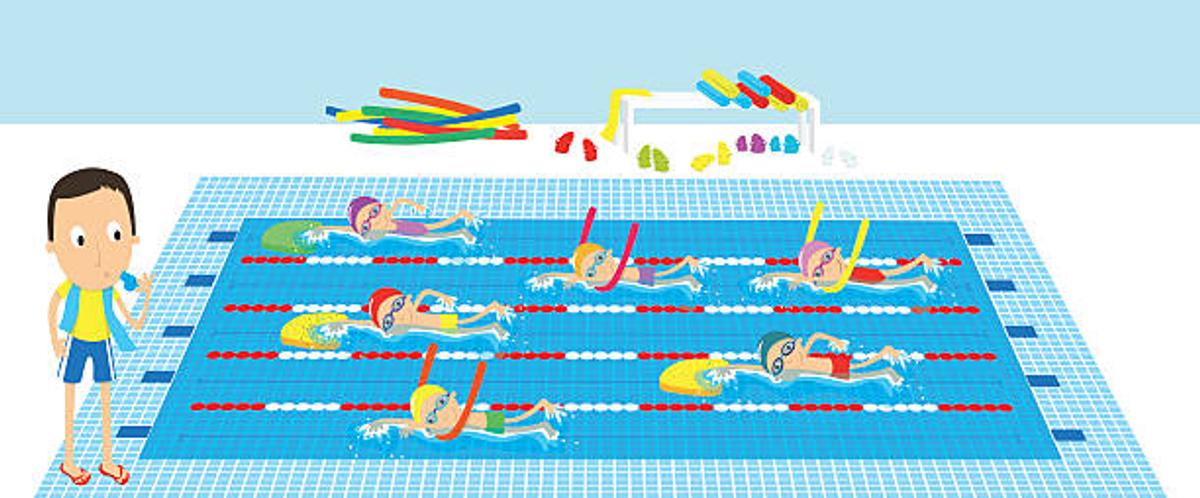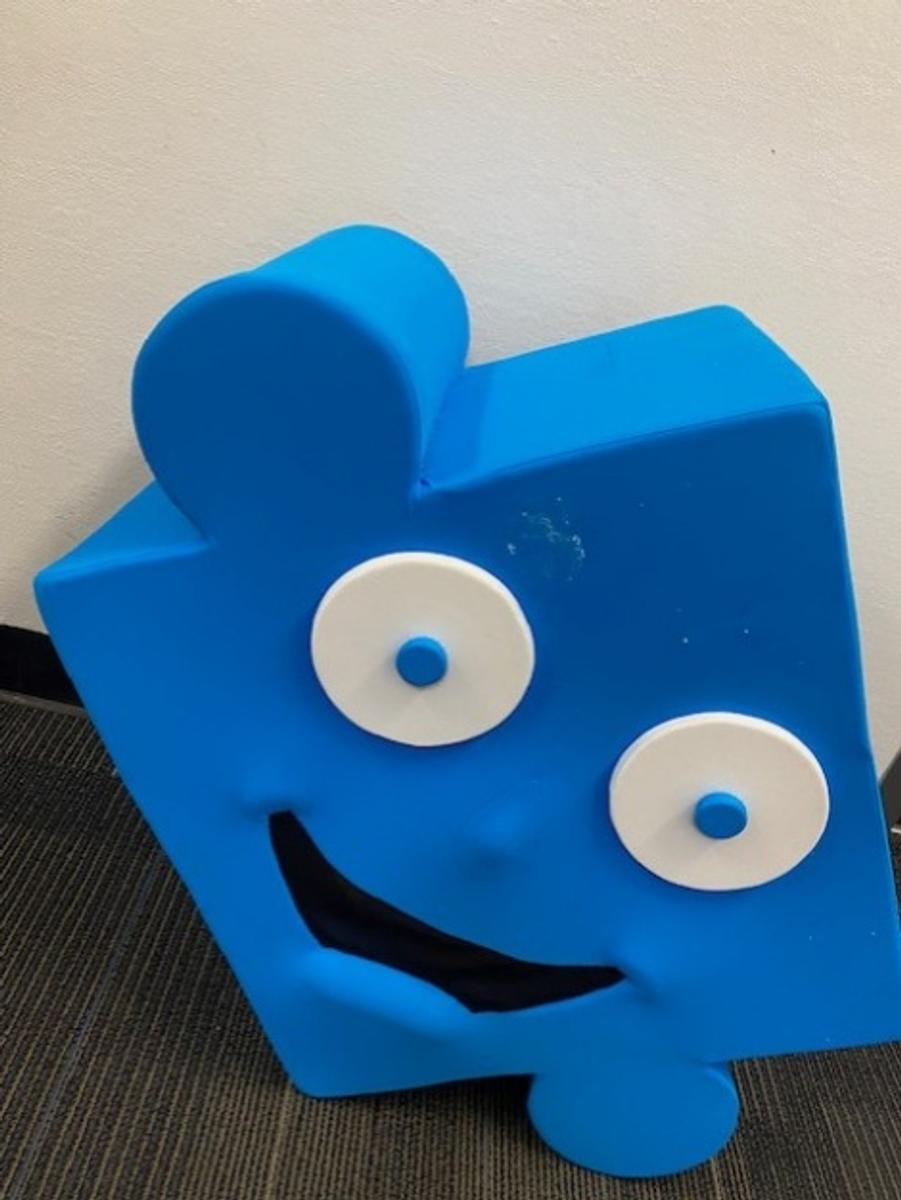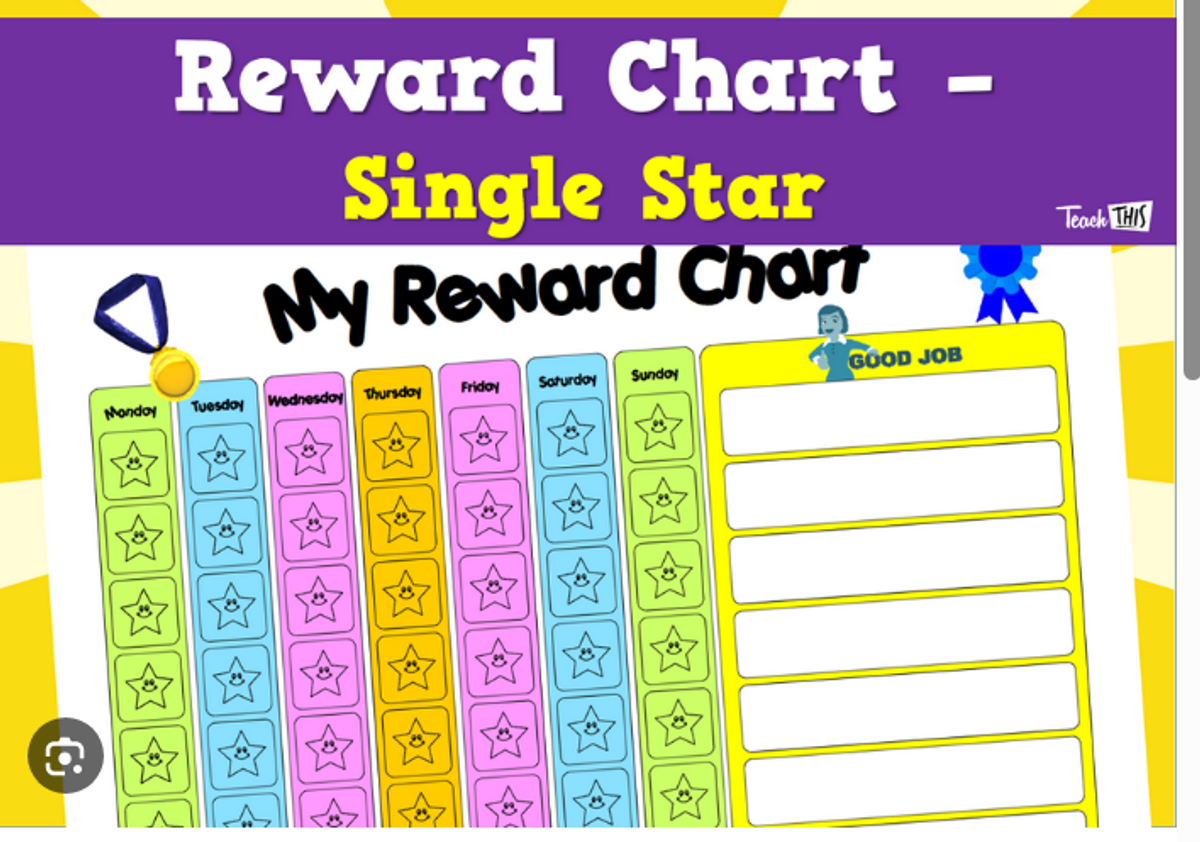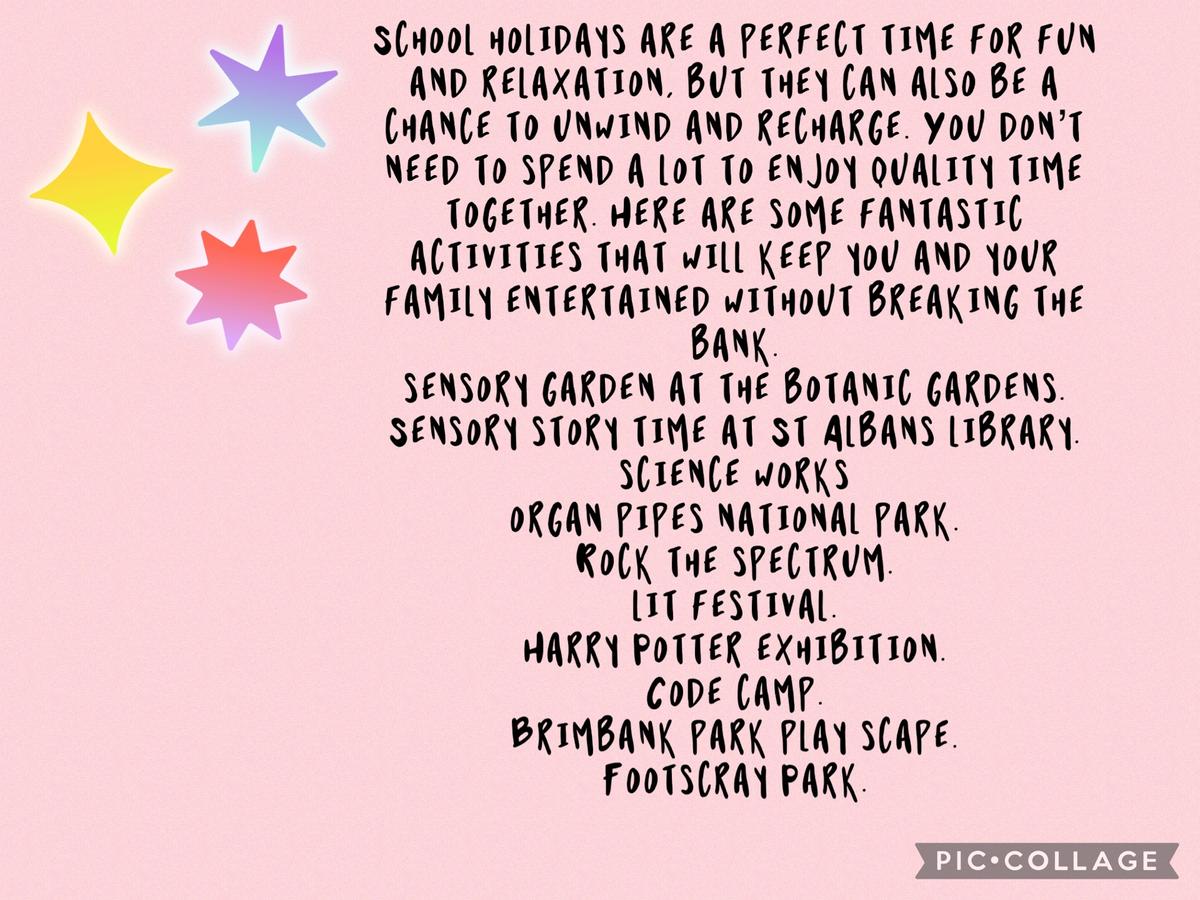Community News
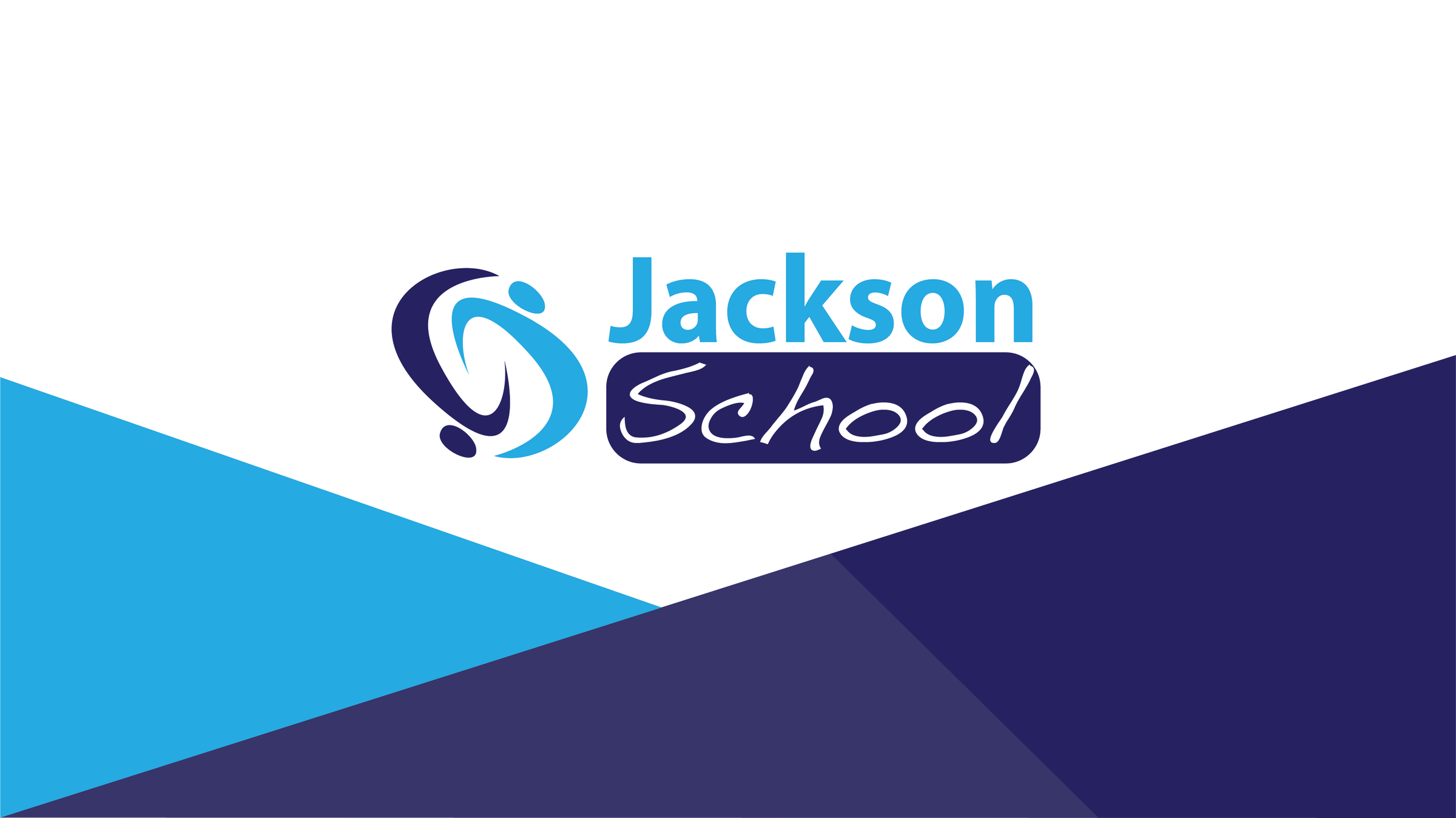
Swimming Program
Dear Parents,
Throughout the year, students from Prep to Year 6 will be participating in a swimming program at Paul Sadler Swimming center (Hillside Park). Additionally, vouchers will be available for our Years 7-12 cohort for swimming lessons at Paul Sadler (Altona North only).
All students, from Prep to Year 12, will also be taking part in Jackson School’s Dry Swim Program, which focuses on safety in and around water.
Primary students
- The leadership team successfully delivered a professional learning session to the swimming instructors from Paul Sadler
- Lessons will be held weekly for a duration of 5 weeks
- Classroom teachers will inform you when your child’s lessons begin
Senior students
- Students can access their swimming lessons through a paid voucher system
- Each student will have access to 5 swimming lessons at Paul Sadler (Altona)
- Swimming lessons can be either individual or in a group setting
- An enrolment process and submission of student details must be completed prior to the start of lessons
- For more information on the onboarding process and timeline, please contact Jo Garofalo on 9366 4322.
A Mother's Day event for your calendar.....
SCHOOL-WIDE POSITIVE BEHAVIOUR SUPPORT (SWPBS/PBIS) AT JACKSON
“At Jackson School, we support positive behaviour through teaching clear and consistent expectations in order to maximise student academic achievement to build a community of safe, respectful and responsible citizens.”
What is PBIS/SWPBS?
PBIS (Positive Behaviour Interventions and Supports) is a system of interventions, strategies, and supports that positively impact school-wide and individualised behaviour planning. SWPBS stands for School Wide Positive Behaviour Supports and they are the same. The key words being Positive Behaviour.
The outcomes that we believe that a SWPBS/PBIS framework in our school will achieve are:
Increased school safety
Increased student achievement
Decreased office referrals
Decreased classroom disruptions
Decreased suspensions and expulsions
Increased student, teacher and parent satisfaction in school climate
Introducing, modelling, and reinforcing positive social behaviour is an important step of a student’s educational experience. Teaching behavioural expectations and rewarding students for following them is a much more positive approach than waiting for misbehaviour to occur before responding.
Throughout the course of the year, we will be conducting information sessions to expand on this framework and how it is implemented at Jackson School.
What are Jack Points?
Last year, you may have heard your son or daughter talking about Jack Points that they had received during the day or the Jack Store. You may have even seen them bring home a new toy, game or piece of sporting equipment that they purchased from the Jack Store. I am sure that you may have even seen the Jack Store in SeeSaw posts.
Jack Points are the frequent reinforcement currency that we use at Jackson School to help reinforce our expectations and rewarding the good behaviours that we see students engaging in. At Jackson School our school expectations are RESPECT, RESPONSIBILITY and SAFETY. This is what we expect of all students and staff. These in turn help our students to LEARN and eventually, become INDEPENDENT.
Every time we see a student behaving in a way that meets these expectations, we award that student a Jackpoint and in some cases, multiple Jackpoints. Most importantly, the Jackpoint is accompanied by words from the staff member giving the points. The teacher or staff member will thank the student with words which will state what expectation the student is meeting and the behaviour that they exhibited to do so. For example if I see a student holding a door open for a staff member or a classmate, I would say something like this- “Thank you for holding the door open for your friends, this is being respectful!” Then I will register those Jackpoints for that student with my App. The awarding of Jackpoints on a frequent basis represents a
mini PBIS lesson for our students on what good behaviours look like.
Who Is Mr Puzzle Head?
You may also have heard your son or daughter talk about Mr Puzzle Head (image at right). Mr Puzzle Head is our SWPBS/PBIS mascot. Mr Puzzle Head is a frequent guest at our weekly assemblies and at end of Term Achievement Award Assemblies.
Using Positive Reinforcement at Home
You can use similar systems of Positive Behaviour Reinforcement at home to help your child learn and meet the expectations that you may have of them.
Many parents – especially those with young kids – keep track of rewards with a reward chart or Star Chart like the one shown here. It is a tool which helps parent and children track their progress to learning new behaviours and in turn receiving a reward. Reward charts can take many forms, from marble jars to sticker charts to posters stuck on the refrigerator.
Talk with your child about your family’s expectations and negotiate a reward for when they are repeatedly displaying the expected behaviour. When your child behaves, you award them a point. When a certain number of points are achieved, you award your child with their reward.

